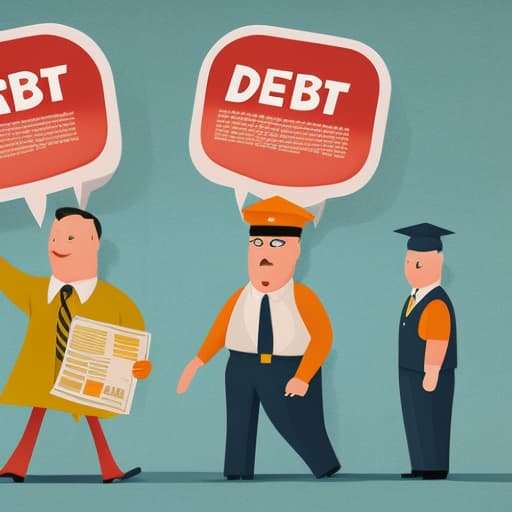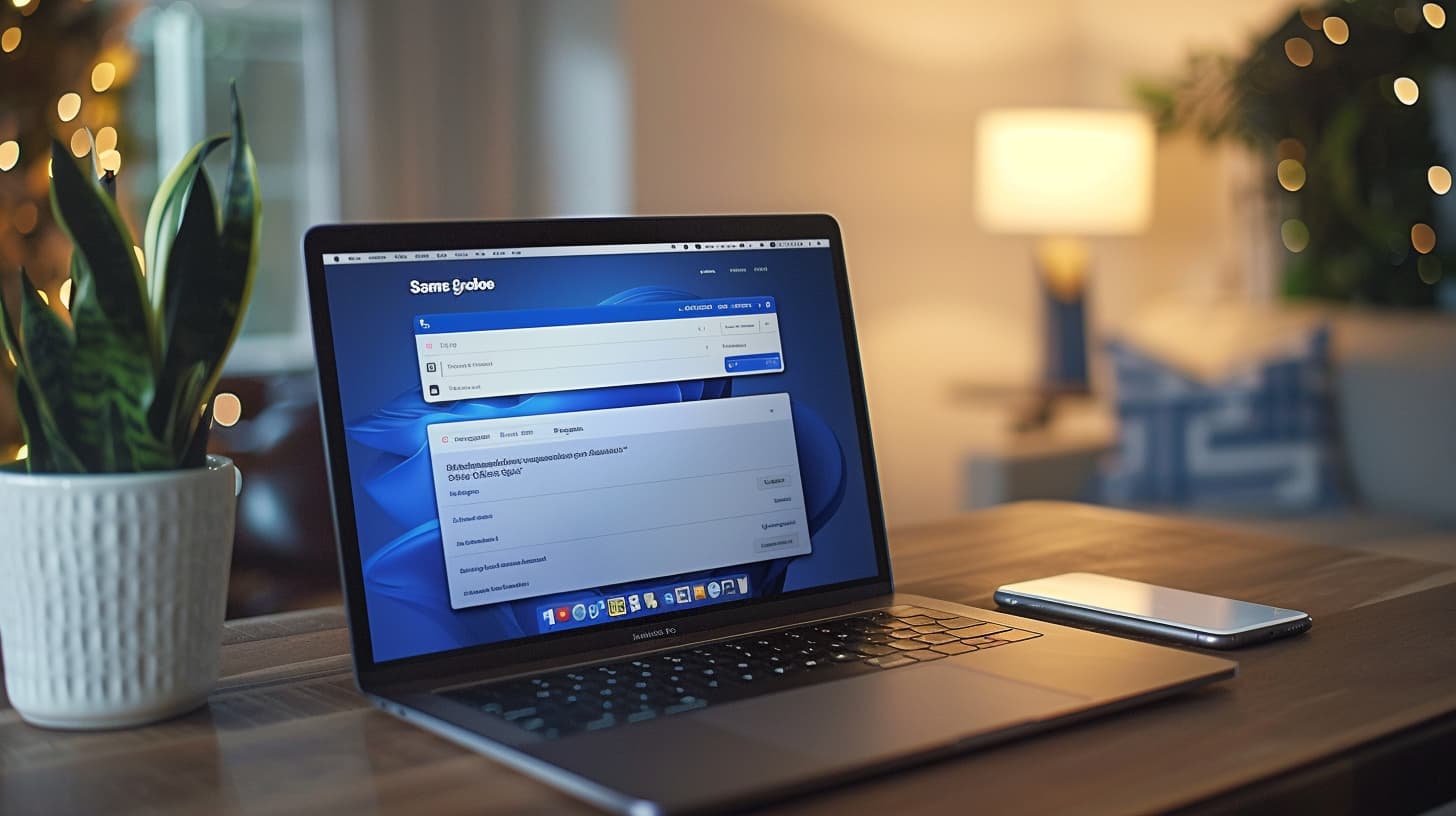If you’re looking for alternatives to credit cards, you’ve come to the right place. This blog post will discuss some of the best alternatives available to you to help improve your credit score.
There are several different options, so you must find the best one for your needs. We’ll talk about everything from prepaid debit cards to peer-to-peer payment platforms.

So we’ve covered you whether you’re looking to avoid interest payments or want a different way to pay for things!
What Are Alternatives To Credit Cards?
With the average American household carrying over $7,000 in secured credit card debt, it’s no wonder that many people are looking for alternatives to traditional secured credit cards. While various alternatives are available, each has its own set of pros and cons. Here is a look at some of the most popular alternatives to credit cards:
Debit Cards:
Debit cards are linked directly to your bank account, so you can only spend what you have available. It can help you avoid bad credit and overdraft monthly fees. However, if your debit card is lost or stolen, you could risk having your checking account hacked. Additionally, some businesses do not accept debit cards.
Prepaid Cards:
Prepaid cards, on the other hand, function similarly to debit cards in that you load them with a pre-determined amount of money. It may help you stick to your budget and avoid debt by allowing you to set restrictions on how much money can be spent.
However, prepaid cards typically don’t offer the same consumer protections as credit or debit cards, so if the card is lost or stolen, you may not be able to get your money back. Additionally, prepaid cards often have balance inquiries, and customer service calls fees.
Cash:
Using cash can help you stick to a budget and avoid debt. However, losing track of your spending can be easy if you’re not careful. Additionally, some businesses do not accept cash.
Checking Account:
You can use your checking account to pay for things like a debit or credit card. However, you’ll need to ensure that you have enough money to cover your purchases. Additionally, some businesses do not accept checks.
Peer-to-Peer Payment Platforms:
Several different peer-to-peer payment platforms are available, such as Venmo and PayPal. These platforms allow you to send and receive payments from other people using your phone or computer. However, you’ll need to ensure that the person you’re sending money to also has an account with the same platform. Additionally, some platforms charge fees for certain transactions.
No matter which alternative you choose, it’s essential to do your research and find the one that is best for your needs.
Why Might You Want To Use An Alternative?
Credit cards can be a great way to build credit and earn rewards, but they’re not suitable for everyone. A credit card issuer may deny an application or limit the credit limit if the applicant does not meet certain criteria, such as having a low credit score or high debt-to-income ratio.

Additionally, some people may not have the self-discipline or financial knowledge necessary to use credit cards responsibly, which can lead to debt and interest charges. It’s important for individuals to assess their financial situation and habits before applying for a credit card and to use them wisely if approved.
If you’re trying to get out of debt or are not good at managing your finances, you may consider using an alternative to a credit card. Here are a few reasons why you might want to use an alternative to a credit card:
You’re Trying To Get Out Of Debt
If you’re trying to pay off your debts, using an alternative to a credit card can help you stay on track. When you use a debit card or cash, you’ll only be able to spend what you have, which can help you stay within your budget. Many businesses will take cash. There are even car rental companies that don’t require a credit card to rent a car. Instead, they accept cash or debit cards instead. However, it is important to note that not all businesses will accept cash and some may have specific policies in place regarding cash transactions. Additionally, some businesses may require a deposit or hold on a credit card for certain transactions, such as renting a hotel room or renting expensive equipment. It is always a good idea to check with the business beforehand to determine their payment policies and options.
You’re Not Good At Managing Your Finances
If you tend to overspend when you use a credit card with a credit limit, it may be best to stick with an alternative payment method. When you use a debit card or cash, you’ll be less likely to overspend since you’ll only have limited funds available.
You Want To Avoid Interest And Fees
You’ll likely be charged interest and fees if you carry a balance on your credit report. You can avoid these charges if you use an alternative to a credit card, such as a debit card or cash.
The Benefits Of Using Alternatives To Credit Cards
You might want to consider alternatives to credit bureaus for several reasons. For one thing, credit cards can be costly. The interest rates charged on credit card balances can be as high as 20%, which means that you could pay a lot of interest charges if you carry a balance on your card.
In addition, many credit card companies also charge an annual fee, late payment fees, and other charges that can add up over time. As a result, it can be very costly to use credit cards, even if you pay your balance in full each month.
Fortunately, several alternatives to credit cards can help you avoid these high costs. One option is to use a debit card instead of a credit card. Debit cards are linked directly to your checking account, so you can only spend as much money as you have in your account.
You won’t have to worry about accruing interest charges or other fees. In addition, you can use debit cards anywhere that credit cards are accepted, so you won’t have to carry around cash or checks.

Another option is to use a prepaid card. Prepaid cards are a sort of debit card that you load with a set amount of money in advance. It might be an excellent alternative if you want to avoid the danger of overdraft costs. However, it’s important to note that prepaid cards generally don’t offer the same protections as debit cards, so you may not be covered if your card is lost or stolen.
If you’re trying to get out of a personal loan or you’re not good at managing your finances, you may want to consider using an alternative to a credit card. Alternatives to credit cards can help you stay on track. When you use a prepaid debit card or cash, you’ll only be able to spend what you have, which can help you stay within your budget.
In addition, alternatives to major credit bureaus can help you avoid interest and fees. For example, you won’t have to worry about accruing interest charges or other fees by using a debit card instead of a credit card.
If you’re considering using an alternative to a credit card, be sure to research the different options available to find the best fit for you. There are a few different options available, so be sure to research which one would work best for you before making a decision.
How Do Alternatives To Credit Cards Work?
There are a few alternatives to credit cards that work in different ways. One popular alternative is a debit card. A debit card withdraws money from your checking or savings account to make a purchase. Some people like debit cards since they avoid the risk of spending more money than they have.
Another alternative to credit cards is a prepaid card. A prepaid card allows you to load money onto the card in advance and then use the card to make purchases up to the amount of money you have loaded onto the card. Prepaid cards can be a good option for people who want to avoid getting into debt or for people who are trying to rebuild their credit history.
Some newer alternatives to credit cards are also beginning to gain popularity. These options include mobile payment apps like Venmo or PayPal and digital wallets like Apple Pay or Google Pay. These options allow you to make payments using your smartphone or another mobile device. They can be a convenient way to pay, and they may also offer rewards and perks that traditional credit cards do not offer.
Before you decide to use an alternative to a credit card, it’s essential to consider how you will use the alternative and what your needs are. For example, if you’re trying to get out of debt, you may want to consider using a debit card instead of a credit card company to avoid accruing additional debt. Or, if you’re trying to rebuild your credit history, you may want to consider using a prepaid card so that you can begin to establish a good credit history.
Whichever alternative you choose, be sure to do your research so that you understand how the alternative works and what fees or charges may apply. Alternatives to credit cards can be a great way to manage your finances, but choosing the right option is essential.
Which Alternative Is Best For Me?
There are a few alternatives to credit cards that you may not have considered. One option is to use a debit card. A debit card is linked to your checking account and can be used for purchases like a credit card.
The main difference is that the funds are immediately withdrawn from your account so that you won’t accrue any interest or debt. Another alternative is to use a prepaid card. With a prepaid card, you load money onto the card in advance and then use it for purchases.
It can be a good option if you want to avoid interest and debt, but it requires you to have the funds upfront. Finally, you could consider using cash. It may seem old-fashioned, but it’s still a valid purchase option.
The advantage of using cash is that you won’t accrue any debt and will only spend what you have. Of course, the downside is that losing track of your spending can be easy.
Ultimately, your best option will depend on your circumstances and preferences. Consider all of your options and make the choice that best meets your needs.
Read More: Can You Pay Off a Credit Card with a Gift Card?
How Can I Get Started?
If you’re looking to begin using an alternative to a credit card, there are a few things you’ll need to keep in mind.
- First, you’ll need to find a financial institution that offers the type of account you’re interested in.
- Second, you’ll need to ensure you have good credit to qualify for the account.
- Finally, you’ll need to read the terms and conditions of the account carefully to avoid any fees or charges.
Once you’ve found a financial institution that offers the type of account you’re interested in, the next step is to begin the application process. It will usually involve providing some basic personal information, as well as completing a credit check. You should be approved for the account reasonably quickly if you have good credit.
However, if your credit is not so good, you may still be able to get approved for an account, but it may come with higher interest rates and fees.
Once approved for an account, it’s essential to read through the terms and conditions carefully. It is because some financial institutions will charge fees for certain activities, such as using your card overseas or making cash withdrawals.
By carefully reading through your account’s terms and conditions, you can avoid any unwanted surprises down the road.
Related FAQs
What Are Some Alternatives To Credit Cards?
There are a few different options when it comes to alternative methods of payment. One option is to use a debit card linked to your checking account. Another option is to use a prepaid card, which you can load with money in advance. Finally, you could also use cash or traveler checks.
What Are The Benefits?
There are a few benefits of using an alternative to a credit card. One benefit is that you avoid paying interest on your purchases. APR rates can be high and can quickly add up, especially if you carry a balance from month to month. By using cash, you only spend what you have and don’t have to worry about accruing interest charges. Additionally, using cash can help you stay within your budget as you physically see the money leaving your wallet, as opposed to mindlessly swiping a credit or debit card. Another benefit is that you can avoid getting into debt. Finally, an alternative payment method can help you stick to a budget.
What Are The Drawbacks?
There are also a few drawbacks to using an alternative to a credit card. One drawback is that you may not have access to the same rewards as you would with a credit card. Another drawback is that you may not have as much protection if your card is lost or stolen. Finally, some merchants may not accept alternative methods of payment. Additionally, cash back rewards are often lower for debit cards compared to credit cards. Furthermore, some debit cards charge transaction or ATM fees that can add up over time. Lastly, debit card transactions do not often factor into a credit score, which can make it difficult to build up credit.
While there are a few drawbacks to using an alternative to a credit card, the benefits may outweigh the drawbacks for some people. It’s essential to weigh all your options and choose the payment method that best suits your needs.
Alternatives To Credit Cards Conclusion
There are a few alternatives to using a credit card, each with its benefits and drawbacks. Consider your options carefully and choose the payment method that best suits your needs. Thanks for reading!
We hope you found this article helpful. If you have any further questions, please leave a comment below.



